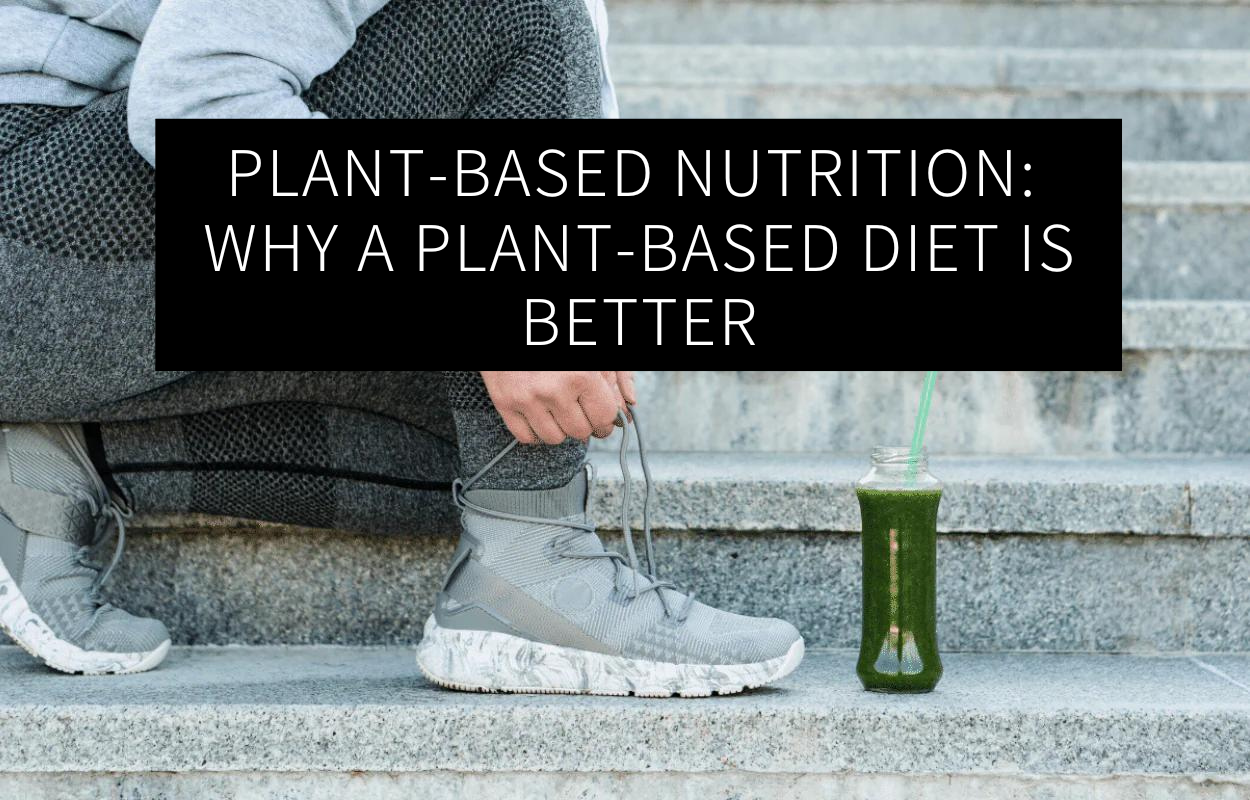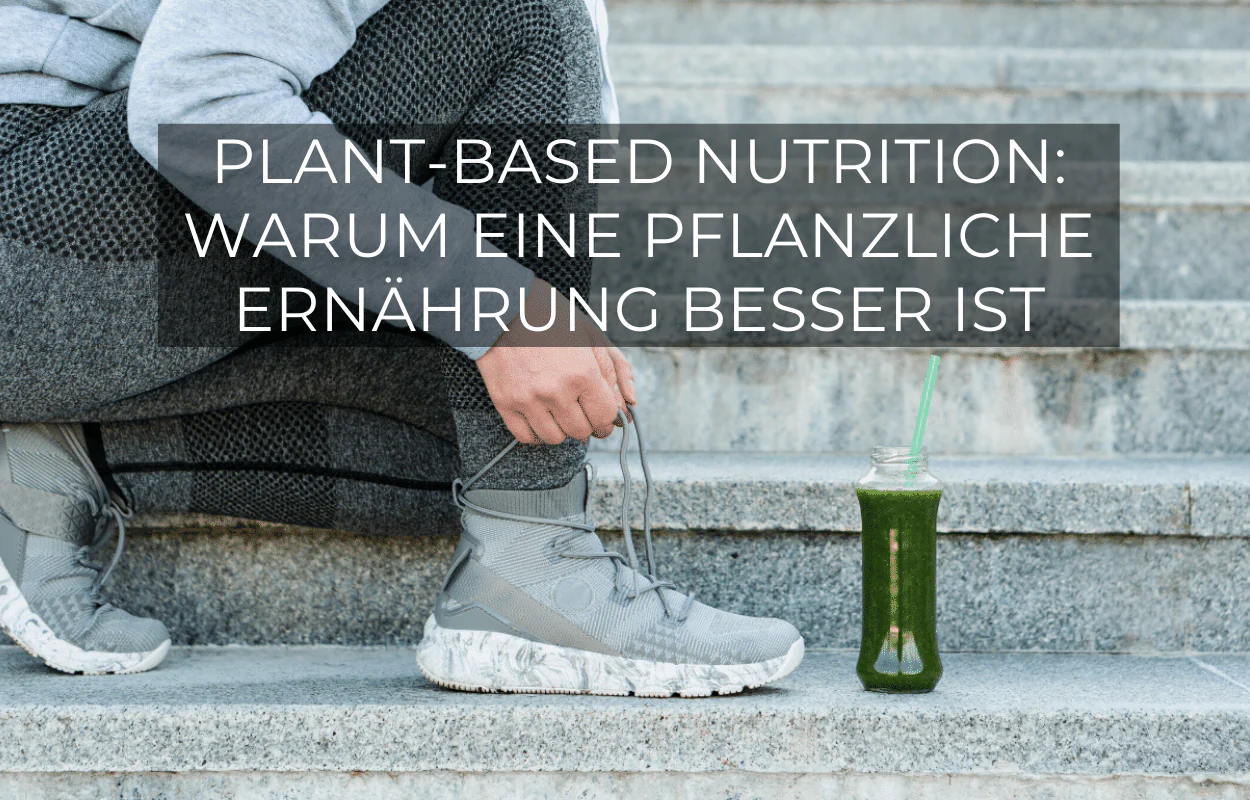Vitamins are generally divided into two groups: water-soluble vitamins and fat-soluble vitamins. Water-soluble vitamins cannot be stored by the body, which means you need to consume them regularly. In contrast, fat-soluble vitamins can be stored by the body, and even small amounts are sufficient to replenish the body’s reserves and prevent deficiencies. We will reveal the significance of fat-soluble vitamins and how you can meet your daily needs as an athlete and performer.
1. What is Vitamin ADEK or DEKA?
Just like water-soluble vitamins, fat-soluble vitamins are also essential. You need to obtain them through your diet to regularly supply them to your body. Small amounts are sufficient to meet the daily requirements of fat-soluble vitamins, as your body can store these vitamins for an extended period. However, this storage can only occur when fat-soluble vitamins are consumed along with fat as a carrier. Without the presence of fat in your diet, the body can only absorb a fraction of the fat-soluble vitamins.
However, there are exceptions among the fat-soluble vitamins. For example, vitamin E is generally bound to fat since it primarily occurs in nuts, seeds, and plant oils. Another exception is vitamin D, a fat-soluble vitamin that your body can produce through the influence of sunlight.
2. What does Vitamin ADEK do?
Fat-soluble vitamins perform many functions in your body, so it’s important to ensure an adequate intake. The best way to obtain the fat-soluble vitamins A, D, E, and K is through a varied diet that includes a wide range of foods.
Due to their effects, fat-soluble vitamins are essential for your body, even though they can be stored for a certain period. The reserves can be quickly depleted, especially if you are mentally and physically active and want to start and end your day as a high performer. Each fat-soluble vitamin has its own distinct effects, which we will explain in more detail below.
What does Vitamin A do?
Vitamin A is considered one of the most important vitamins for the eyes, specifically for the rod cells in the retina, allowing you to see in low light and darkness. As a vegan, you obtain beta-carotene instead of vitamin A. Beta-carotene is a plant-based form of vitamin A that your body can store in the liver and convert into vitamin A. Vitamin A is not only essential for the eyes but also for maintaining healthy skin, mucous membranes, and strengthening the immune system.
What does Vitamin D do?
Vitamin D is an exception among the fat-soluble vitamins. Your body can produce this vitamin on its own. The production occurs in the skin under the influence of sunlight, provided you spend time outside when sunlight intensity is at its highest. This is usually between 11 am and 3 pm. To allow your skin to synthesize vitamin D effectively, it is recommended to expose as much skin as possible.
However, the amount of vitamin D you can produce depends on various factors such as age, skin type, region, and season. People living in Northern Europe, for example, can typically generate less vitamin D compared to those living in Southern Europe. While you can replenish your vitamin D stores with a 20-minute sunbath during the summer, the intake of vitamin D in winter becomes more challenging due to limited sunlight.
Furthermore, many people try to protect themselves from sunlight by using sunscreens with a high sun protection factor, which can hinder the production of the „sun vitamin.“ Office work and shift work can also make it more difficult to absorb vitamin D.

Vitamin D has a wide range of functions. For example, it is needed for strengthening bones and the immune system. It can also contribute to normal muscle function.
What does Vitamin E do?
Fat-soluble vitamin E is considered one of the most potent antioxidants that can protect cells from free radicals. It is currently believed that vitamin E can also contribute to inflammation protection and strengthen the immune system.
What does Vitamin K do?
Vitamin K is primarily important for blood clotting, but it also plays a significant role in bone metabolism. By participating in the production of the peptide hormone osteocalcin, it directly contributes to bone mineralization.
3. Which vitamins require oil?
As mentioned earlier, there are four vitamins that you need to consume along with oil (or fat) for optimal utilization by your body. That is why these vitamins are commonly referred to as fat-soluble vitamins, namely vitamins A, D, E, and K – often abbreviated as ADEK or DEKA.
4. What are the fat-soluble vitamins?
Fat-soluble vitamins are essential for supporting your mental and physical performance. They are vital for various aspects of your health, including skin, mucous membranes, eyes, muscles, bones, and the immune system. Only small amounts are necessary to provide your body with all the necessary vitamins.
Therefore, your diet should be extremely varied and consist of whole, fresh, and organic foods that are rich in natural nutrients. Fortunately, your body can store fat-soluble vitamins, but these reserves can quickly be depleted during periods of increased physical or mental exertion.
In addition to the fat-soluble vitamins A, E, and K, vitamin D – the „sunshine vitamin“ – is an exception, as your body can synthesize it in the skin with the help of sunlight.
5. Which vitamins can the body absorb only in conjunction with fat?
There are four vitamins that the body can absorb only when consumed together with fat. This allows for optimal utilization of these vitamins. The vitamins that require fat as a carrier are vitamins A, D, E, and K. However, vitamin D, the „sunshine vitamin,“ is an exception, as the body can produce it on its own. This process, however, only occurs when you regularly expose yourself to sunlight, preferably between 11 am and 3 pm when sunlight intensity is strongest.
6. Where can you find Vitamin ADEK?
Fat-soluble vitamins are found in many plant-based foods, so you don’t need to worry about obtaining sufficient vitamins on a vegan diet. Below, we will show you which foods contain the fat-soluble vitamins ADEK so that you can incorporate these foods more prominently into your meal plan.
Vitamin A:
- Carrots
- Spinach
- Kale
- Dried apricots
Vitamin D:
- Mushrooms
- Chanterelles
- Avocados
As mentioned before, although these foods contain the „sunshine vitamin,“ the amount is relatively low, with approximately 200 IU (avocados) and about 80 IU (mushrooms, chanterelles) per 100 grams. In comparison, your body can synthesize between 10,000 and 20,000 IU of vitamin D in less than an hour with sun exposure.
Vitamin E:
- Avocados
- Plant oils
- Nuts
- Seeds
The advantage is that vitamin E is already dissolved in fat.
Vitamin K:
- Kale
- Brussels sprouts
- Spinach
- Cauliflower
- Sauerkraut
- Lettuce
7. How much Vitamin ADEK per day?
The reference values provided by the German Society for Nutrition (DGE) are often used as a guideline for the daily intake of fat-soluble vitamins. An exception is vitamin D, which is found in very low amounts in plant-based foods and may not meet the daily requirements. Therefore, brief sun exposure is still considered the best way to synthesize vitamin D in the skin. Alternatively, taking a supplement such as a vitamin ADEK oil may be recommended to meet the daily requirements.
According to the DGE, the recommended intake should be:
- Vitamin A: 700 to 850 µg
- Vitamin D: 800 IU
- Vitamin E: 12 to 14 mg
- Vitamin K: 60 to 70 µg
8. When do you need Vitamin ADEK?
The vitamins ADEK are essential vitamins that you need throughout the year. It is not sufficient to have periods of healthy eating and then resort to pizza and pasta. If you want to enhance your cognitive and physical performance and perform at your best every day, it is crucial to consistently maintain a healthy and balanced diet, which includes plenty of fresh vegetables, followed by fruits, grains, nuts, seeds, and healthy fats.
9. When does a Vitamin ADEK deficiency occur?
A vitamin ADEK deficiency occurs when you consistently fall below the reference values provided by the DGE. Deficiency symptoms may initially manifest gradually, but prolonged undernutrition of vitamins A, D, E, and K can lead to serious health problems considering their importance for eyes, skin and mucous membranes, blood clotting, muscles, bones, and the immune system.
10. Which Vitamin ADEK / DEKA supplement?
It is not always possible to meet the required intake of vitamins A, D, E, and K through diet alone. This is especially true for athletes and vegan biohackers who aim to optimize their cognitive and/or physical performance and constantly strive for improvement. To consistently perform at a high level, it is necessary to provide your body with an increased supply of nutrients, which is often challenging through diet alone.
In such cases, a vitamin ADEK oil can be a good dietary supplement to provide your body with essential vitamins A, D, E, and K. A good vitamin ADEK oil usually contains the fat-soluble vitamins in a higher dosage to meet the increased demand for fat-soluble vitamins.
One significant advantage is that the vitamins in the vitamin ADEK oil are already dissolved in oil, eliminating the need to combine them with fat during ingestion. Unlike other supplements such as tablets or capsules, a drop of vitamin ADEK oil is often sufficient to increase the intake of fat-soluble vitamins and help prevent deficiency symptoms.
11. Conclusion: Vitamin ADEK oil as a good alternative to conventional supplements
Vitamins A, D, E, and K are crucial building blocks for the body, and it is important to obtain them through your diet. However, as an athlete and biohacker, it is not always easy to obtain these vitamins in sufficient quantities. Vitamin ADEK oil can be a good alternative to conventional supplements because the vitamins are already dissolved in fat, allowing for better absorption by the body.





